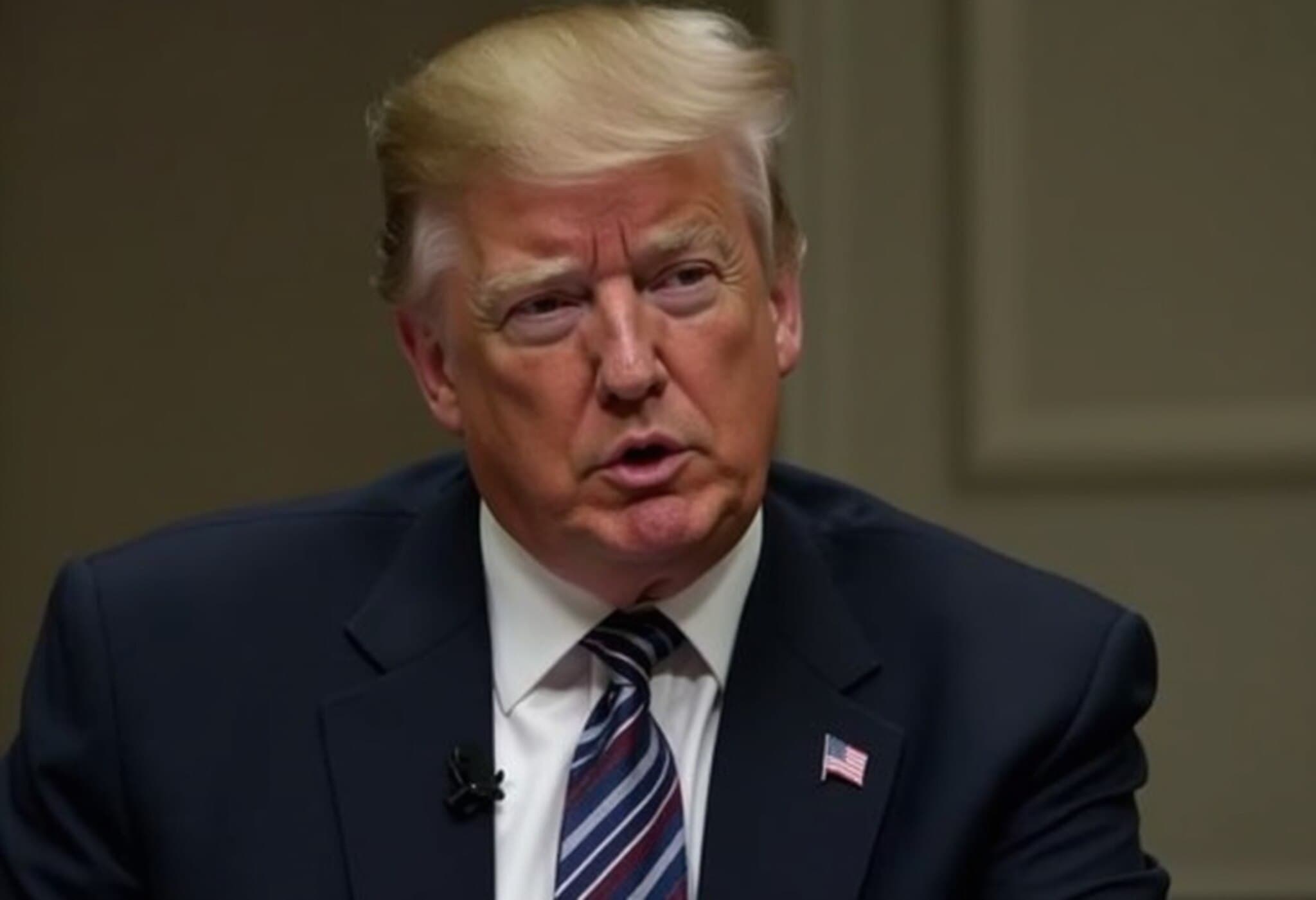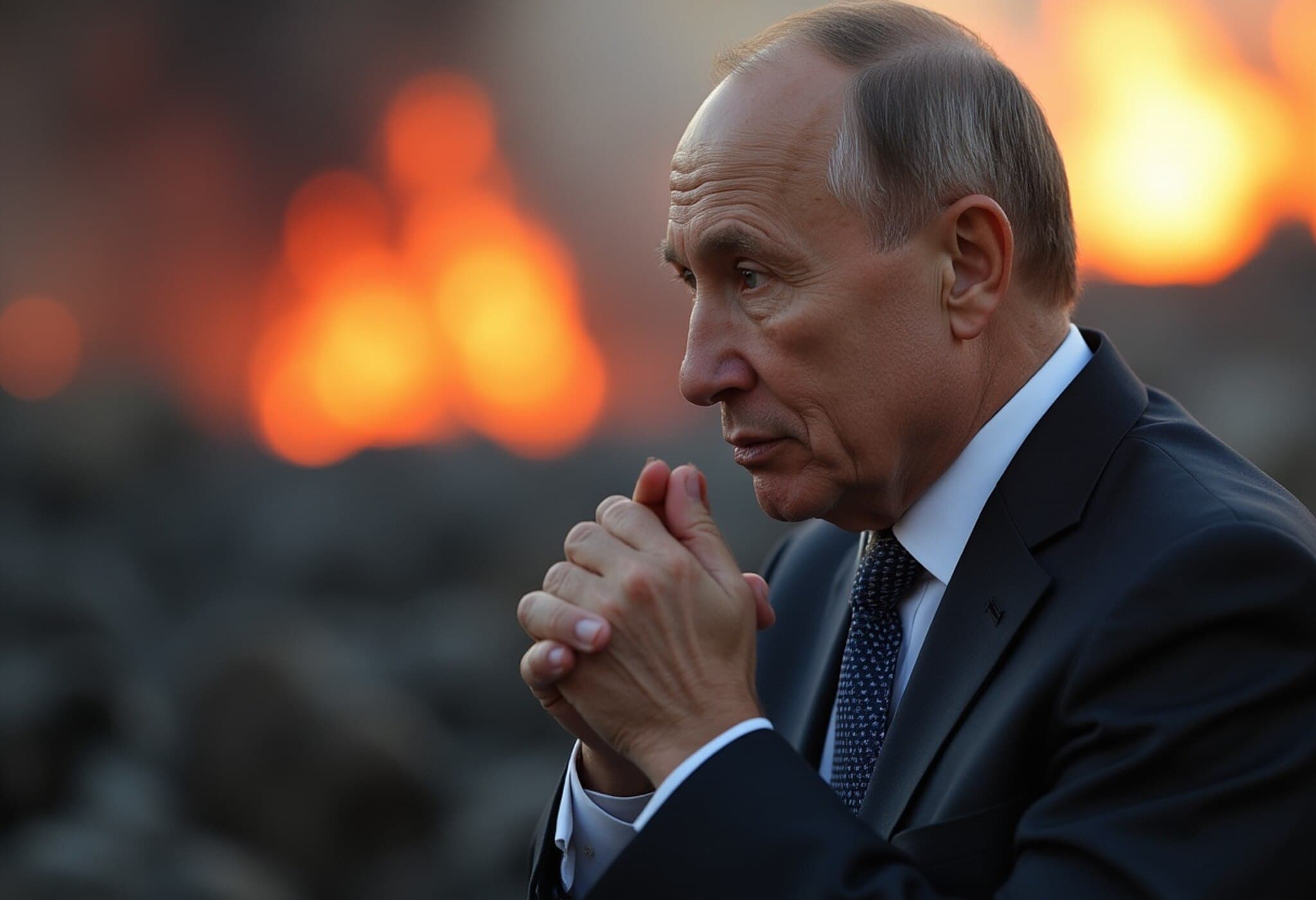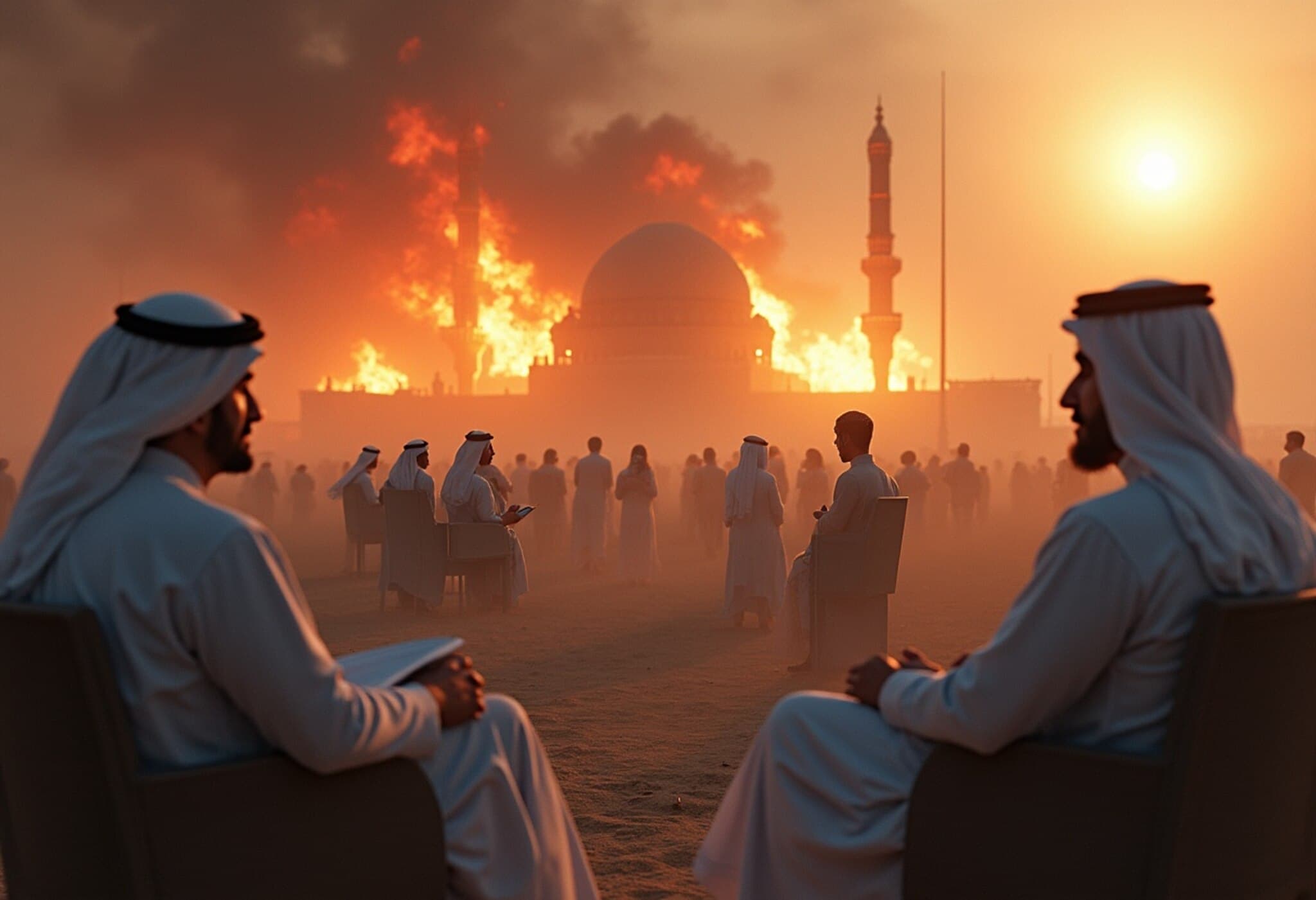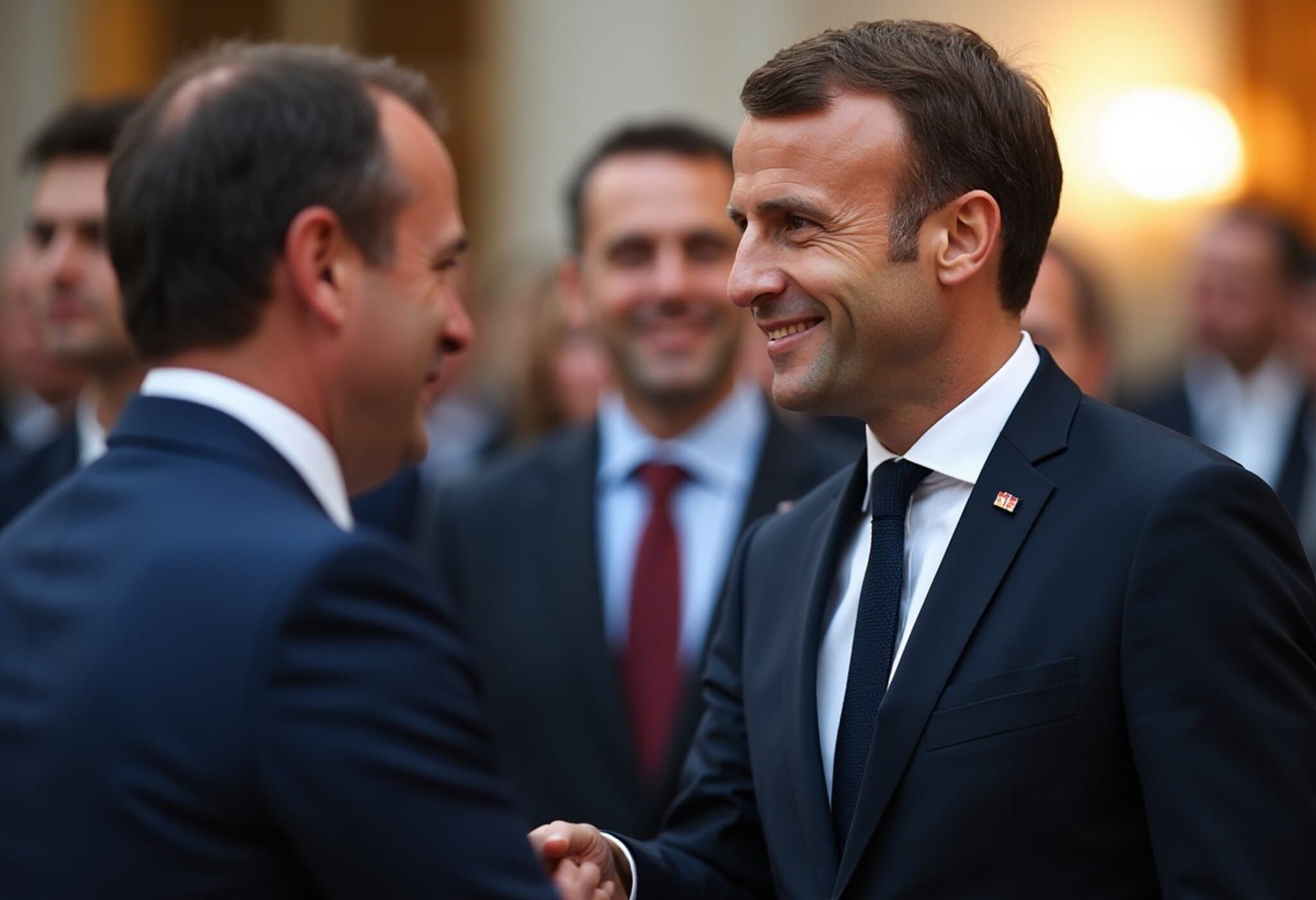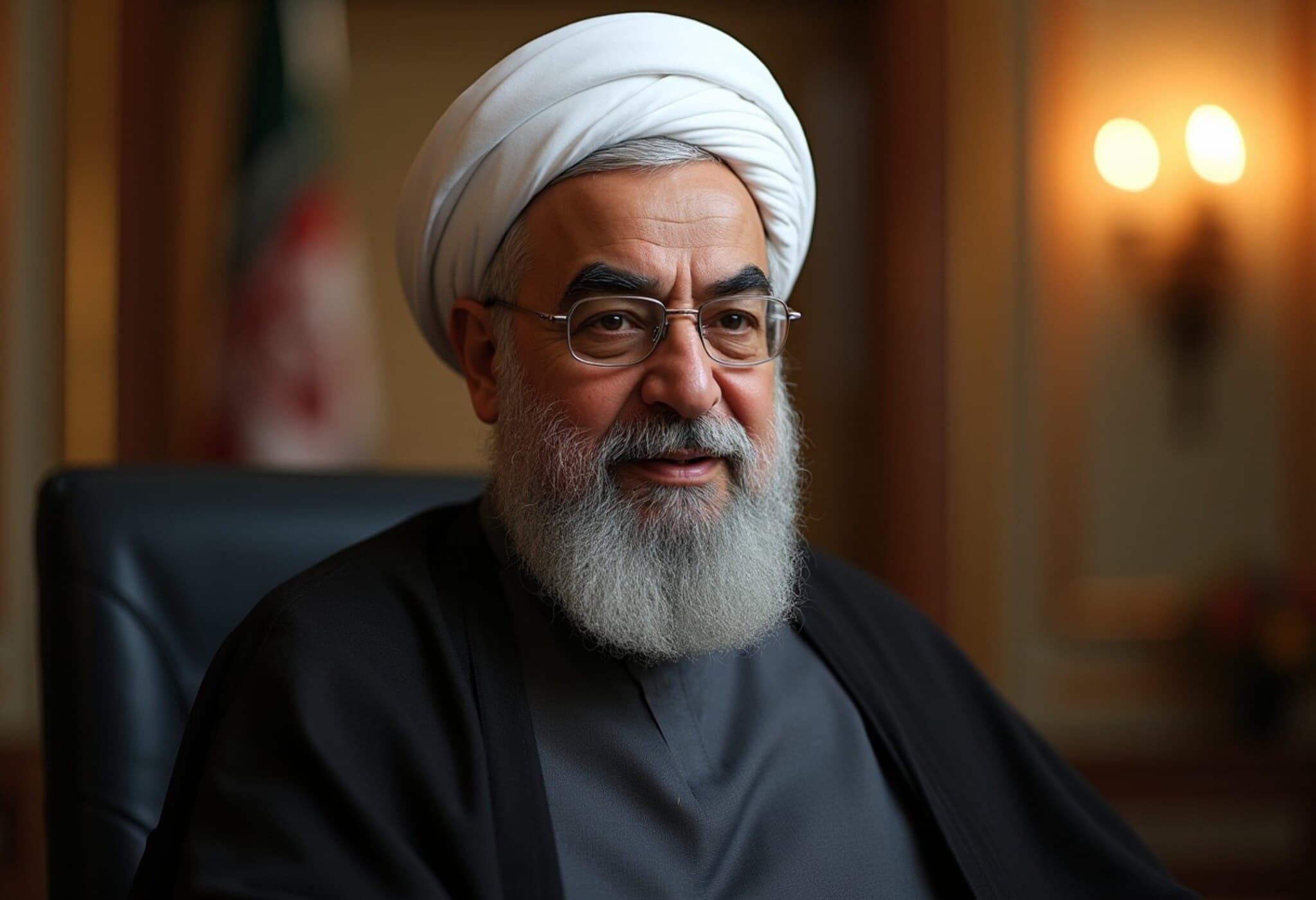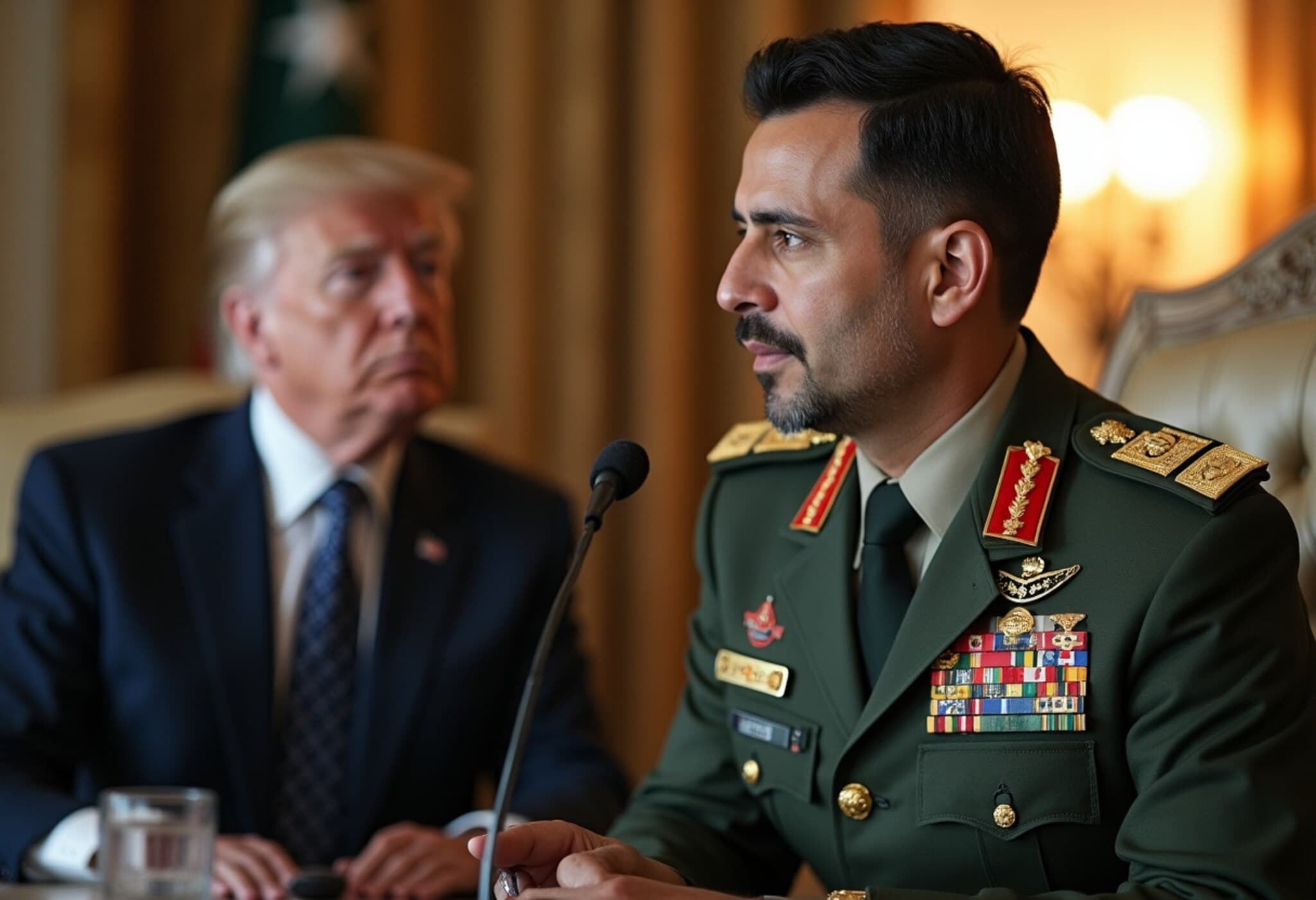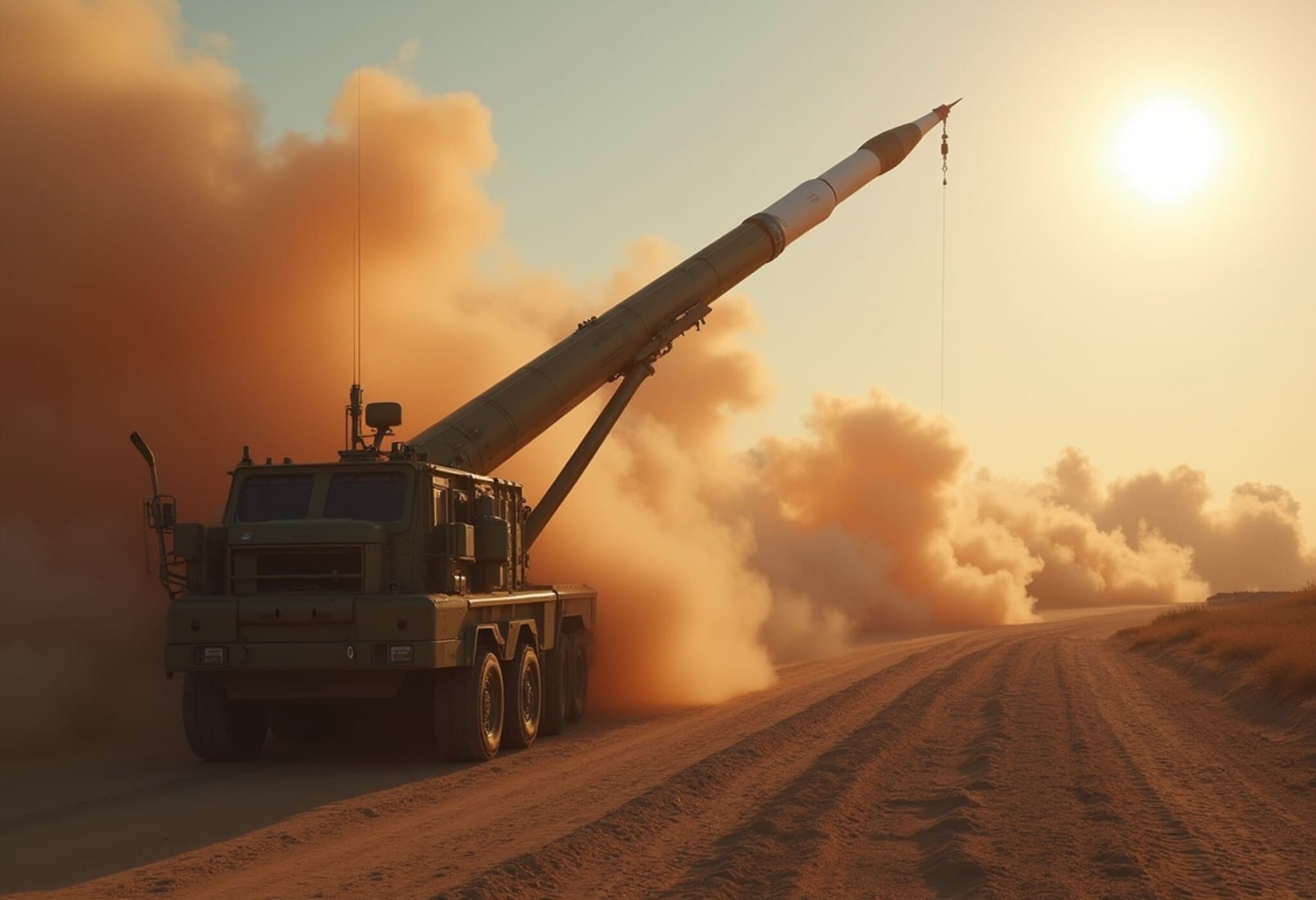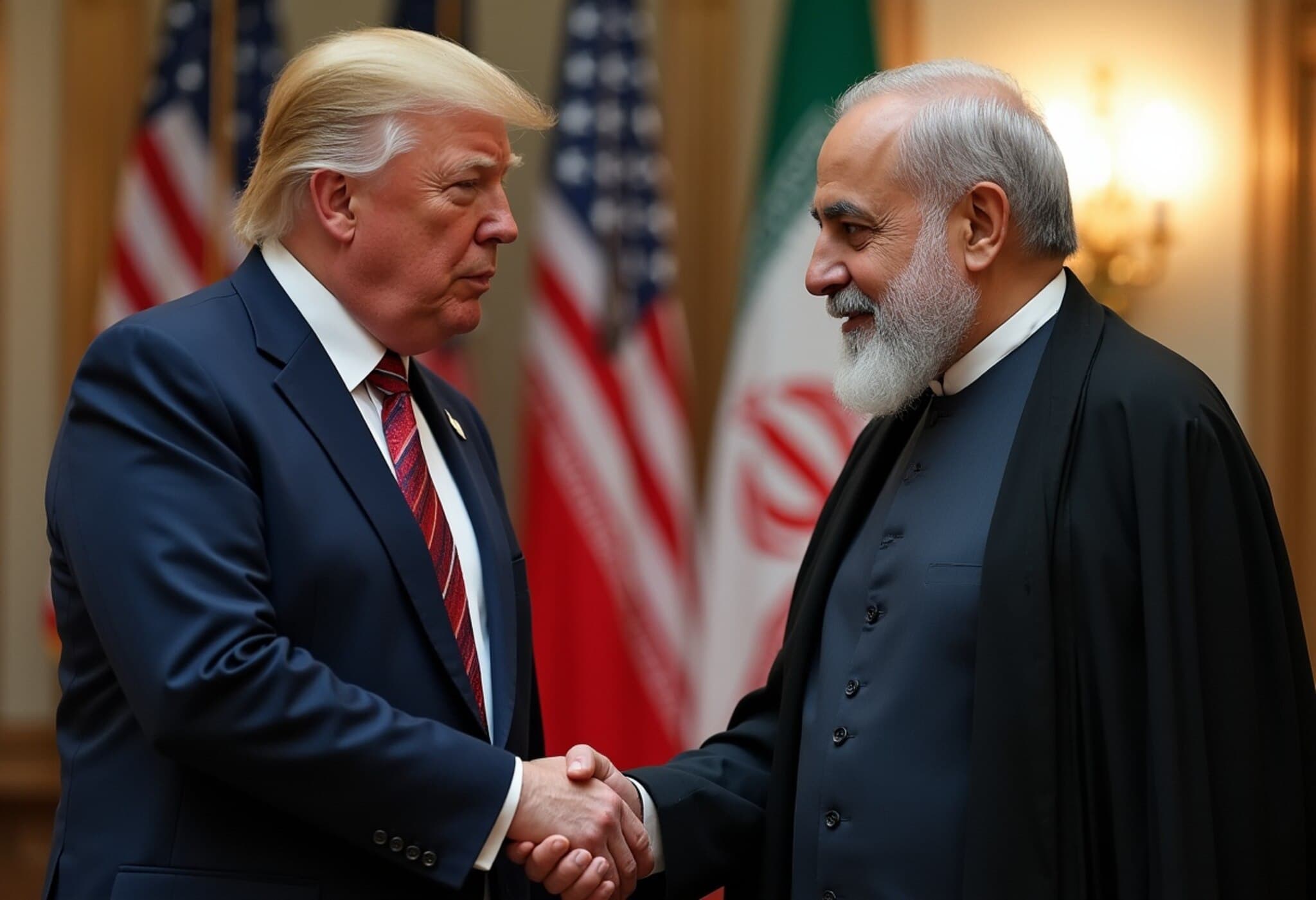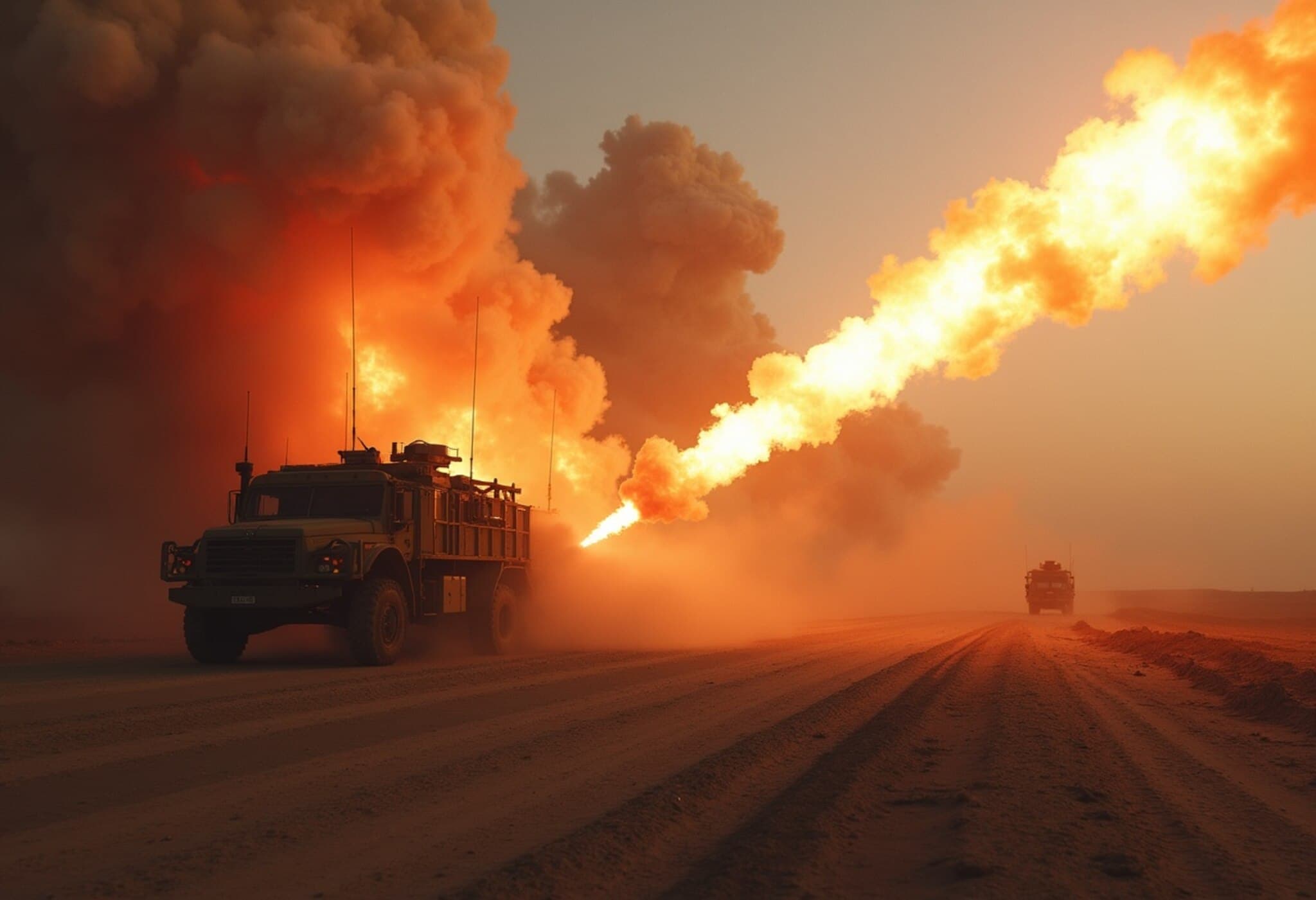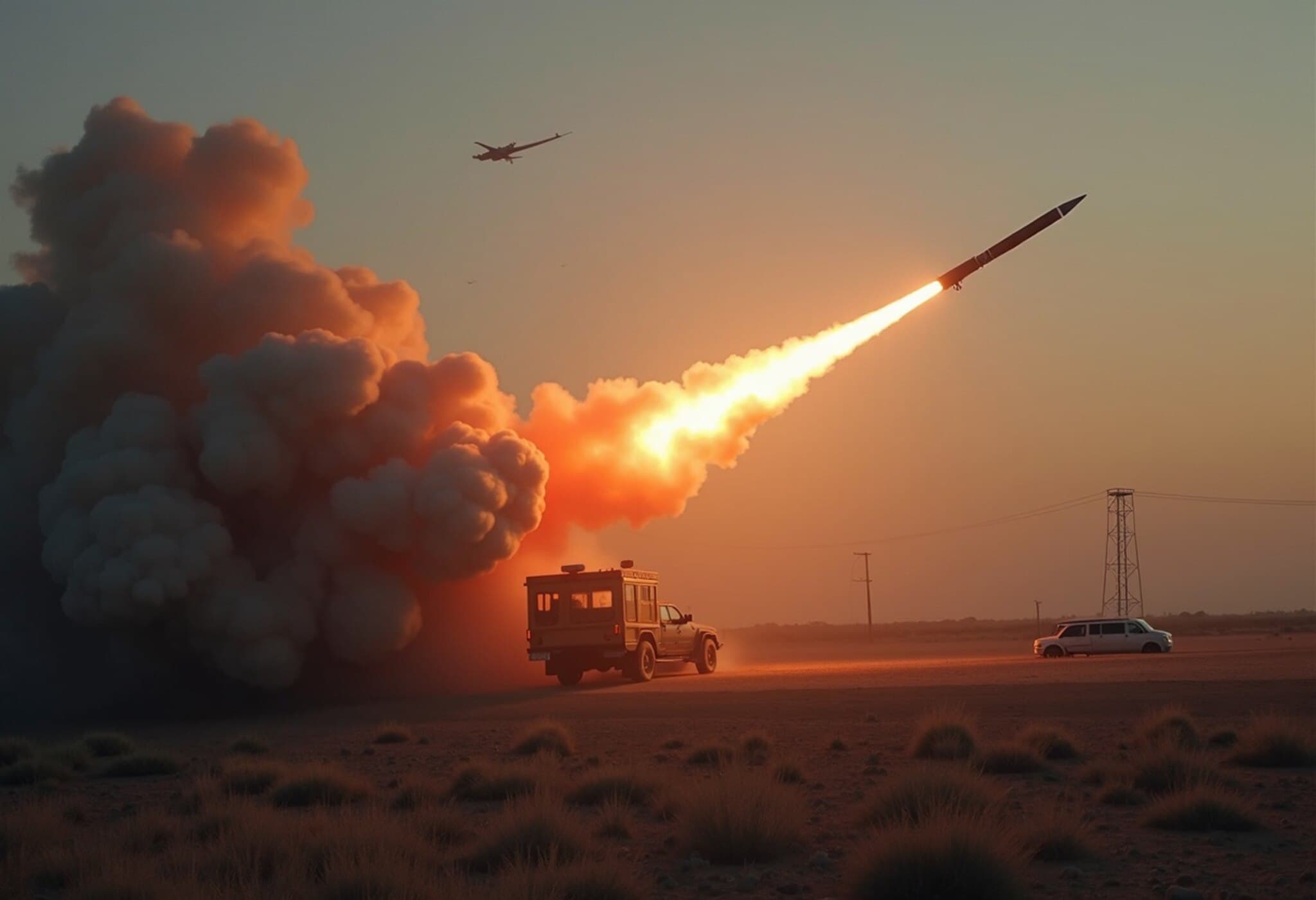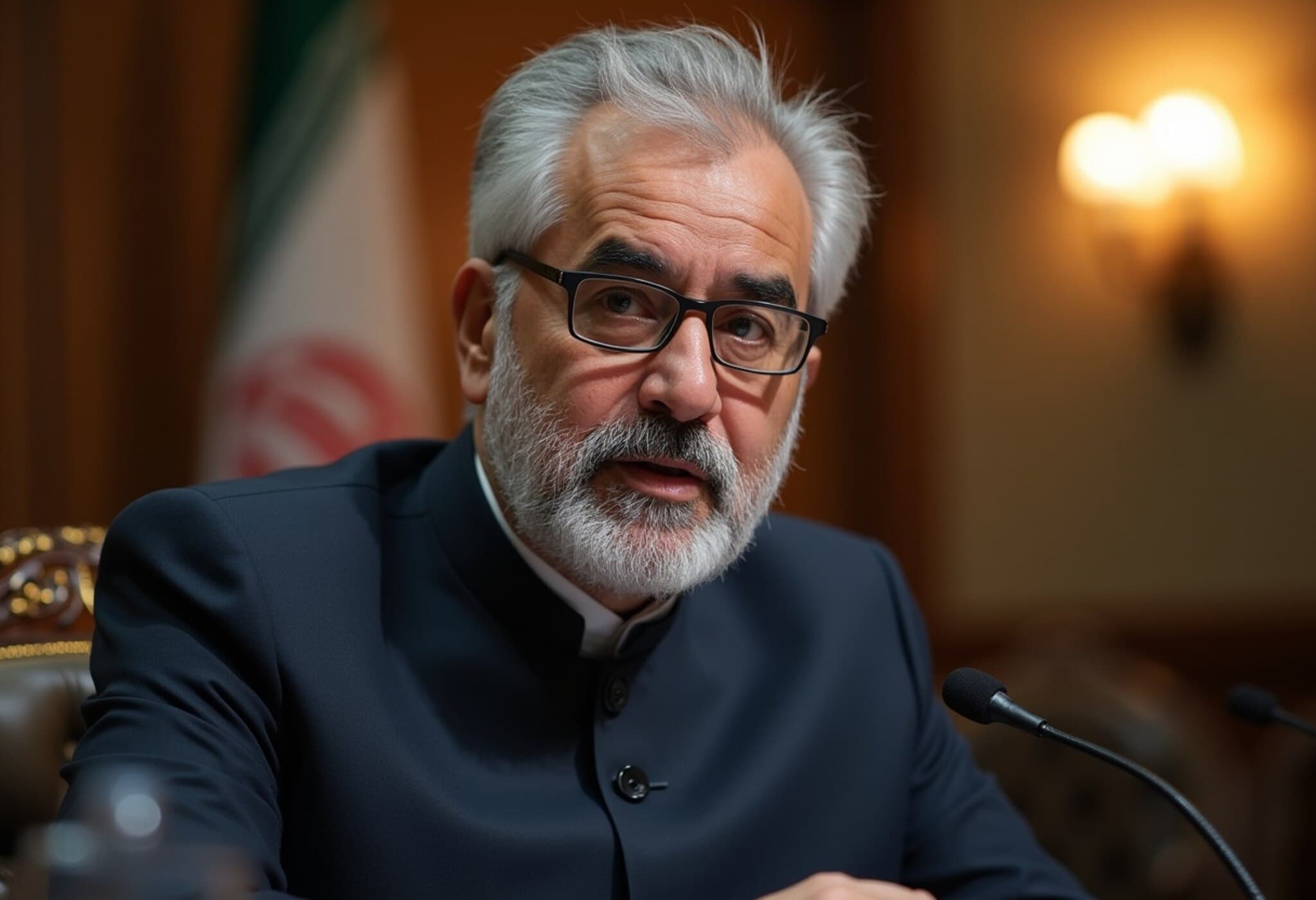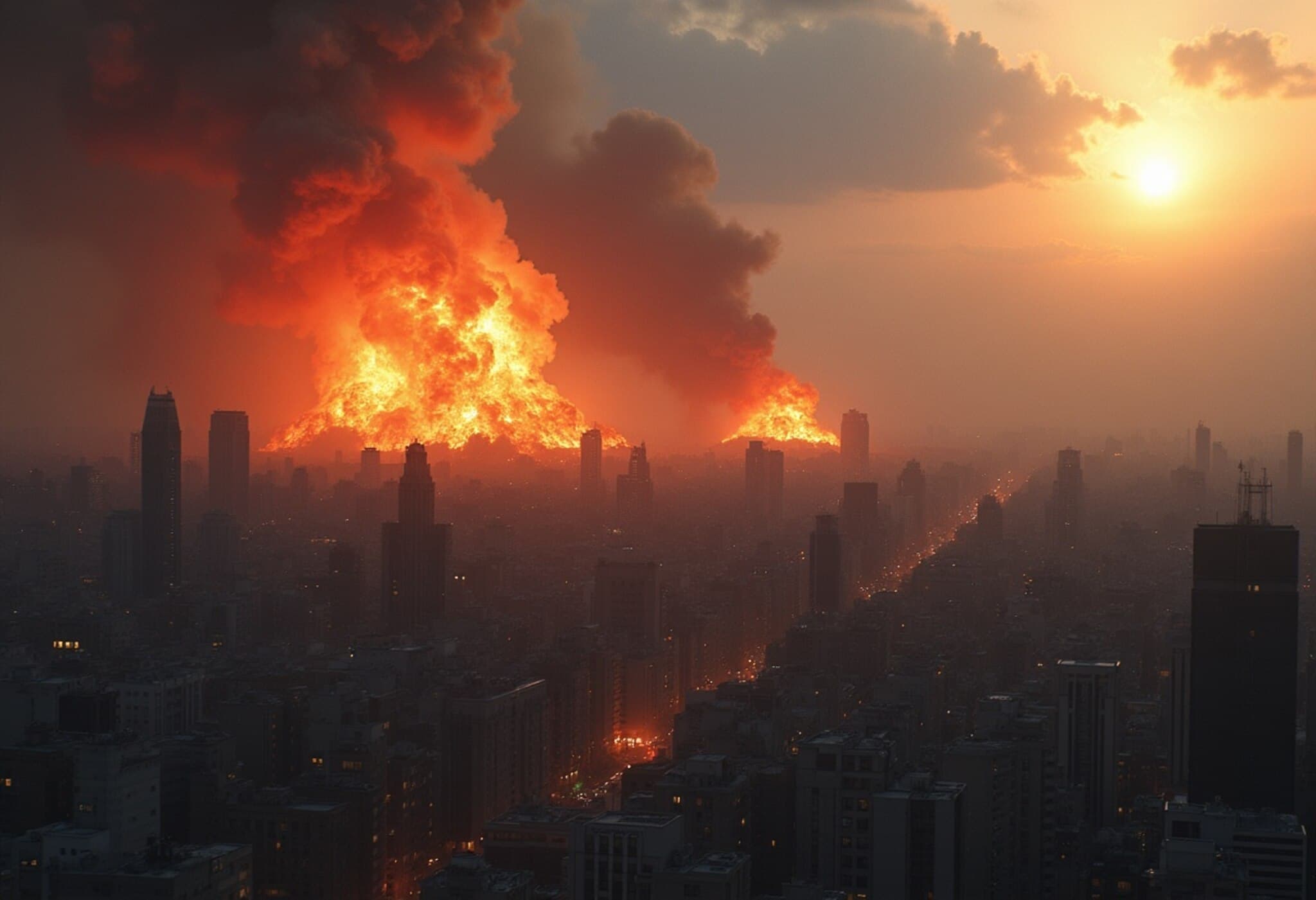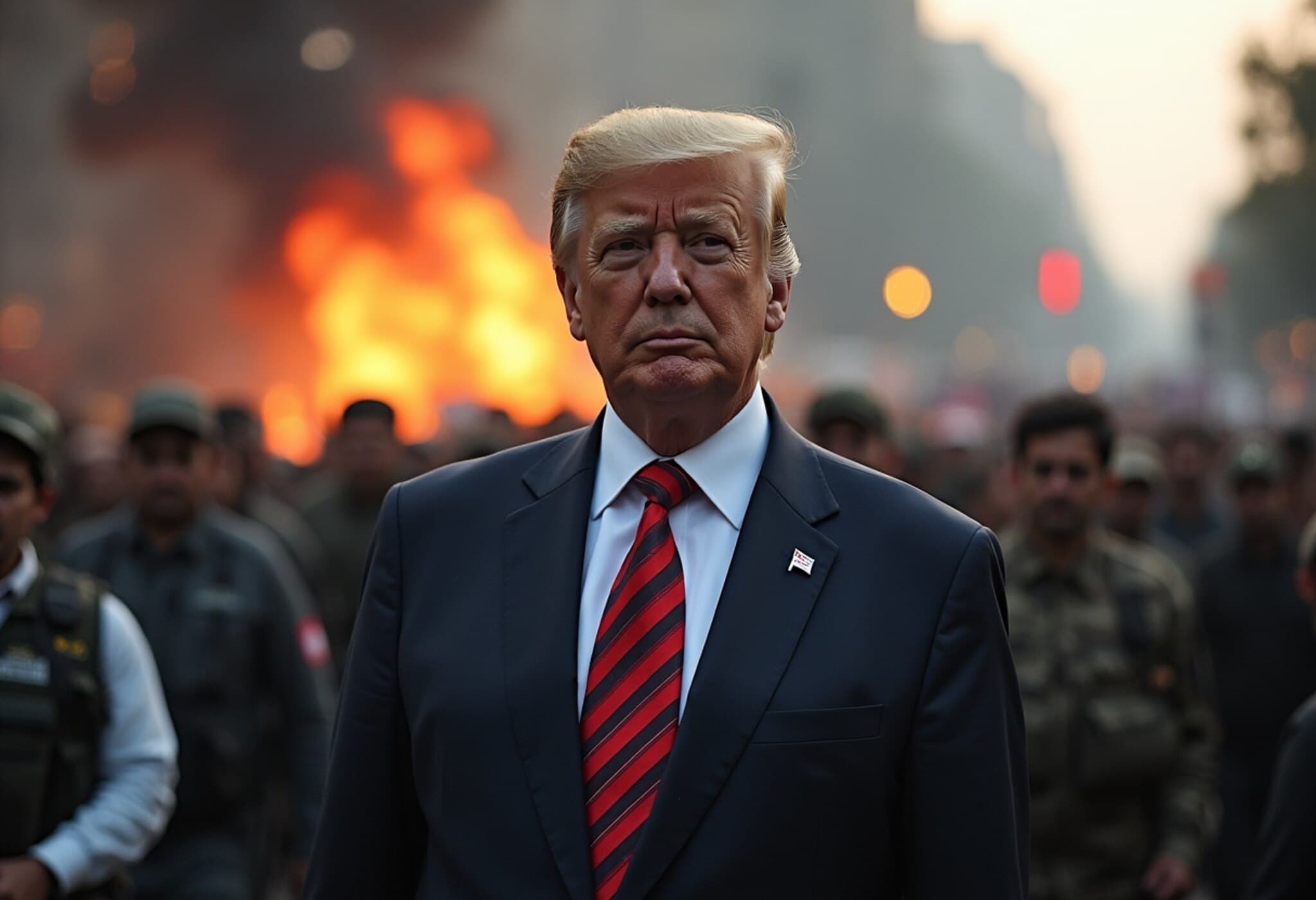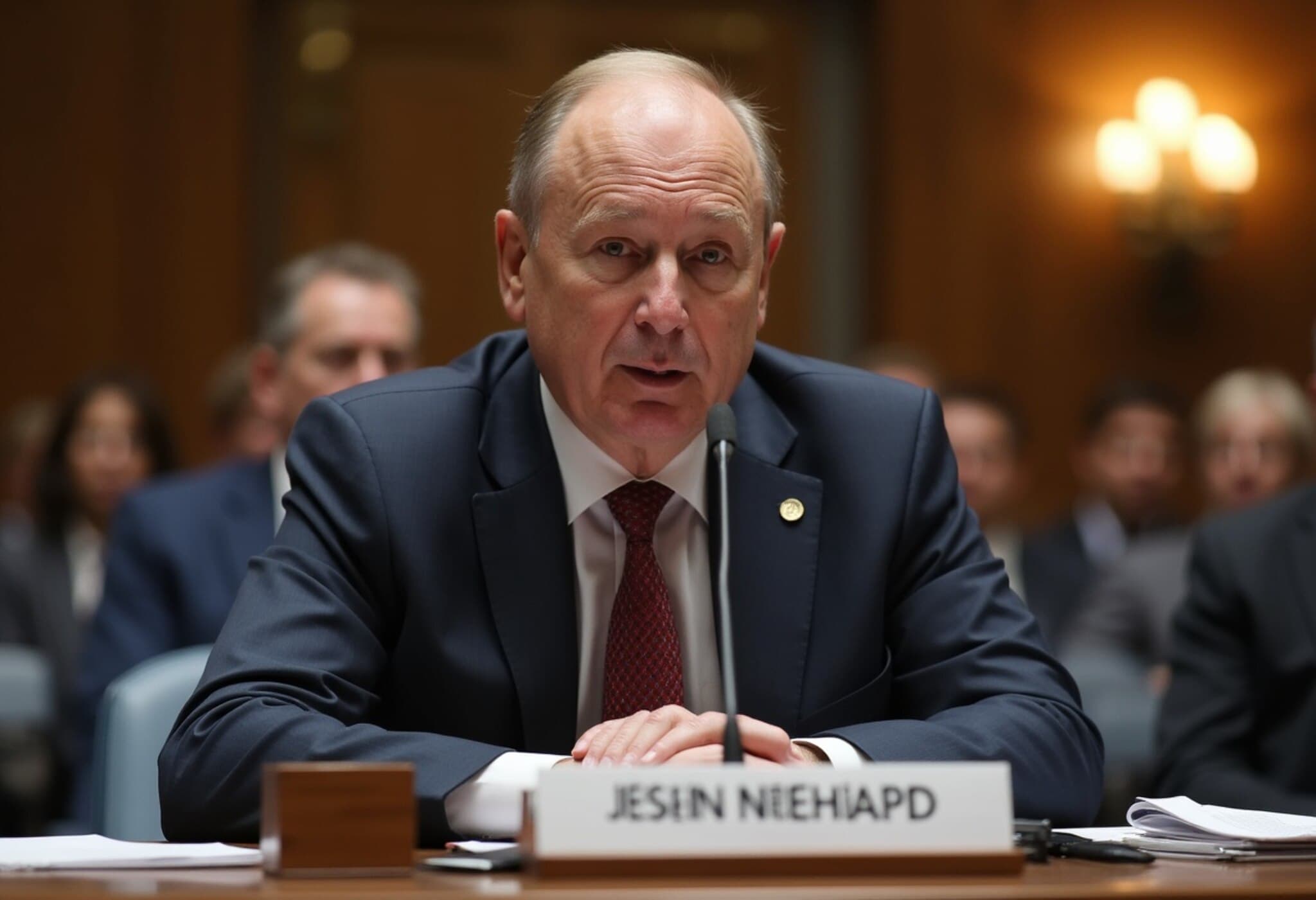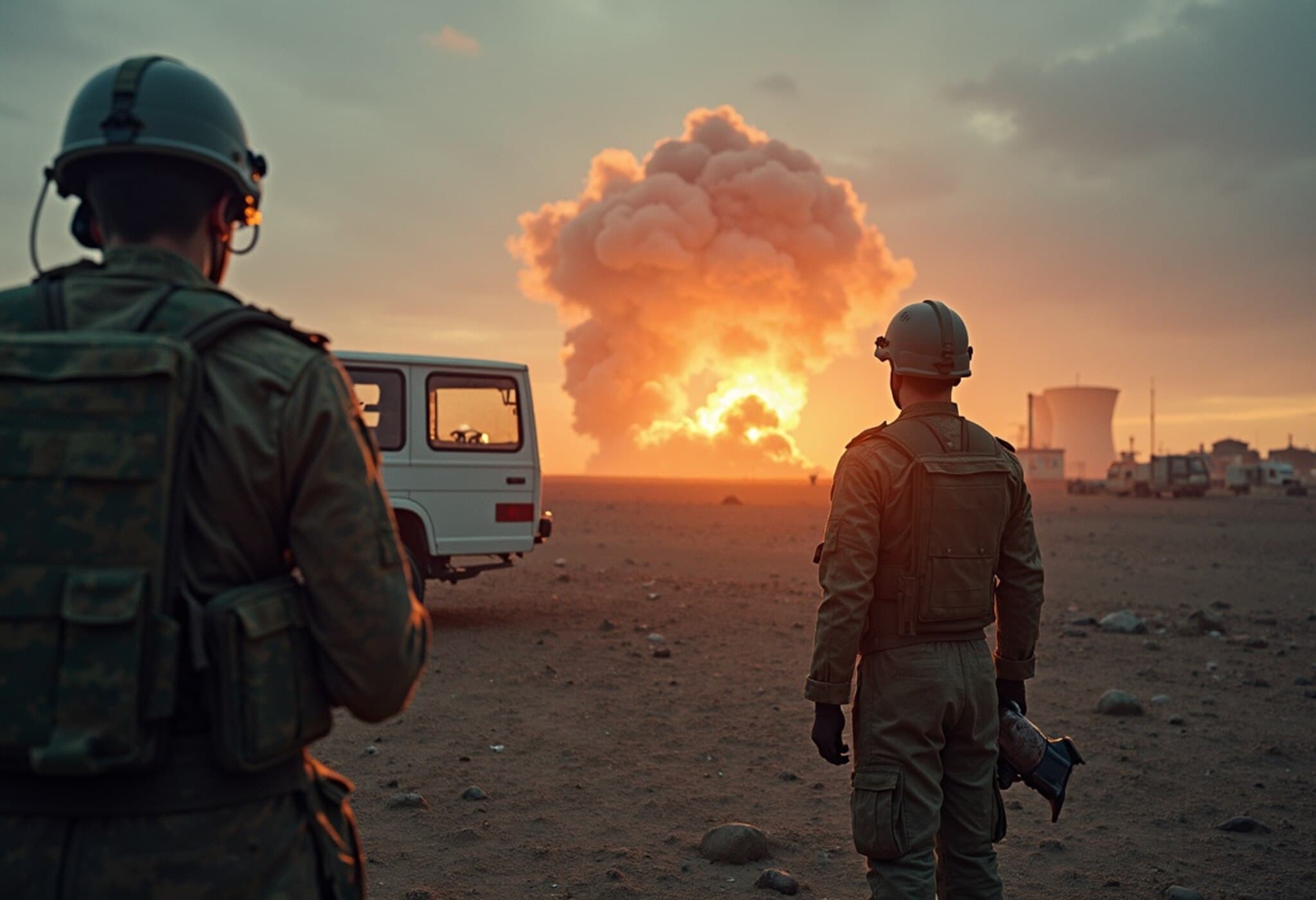Widespread Condemnation from Arab States Following US Strikes on Iran
On June 22, 2025, Arab nations vocally condemned a series of US air strikes targeting nuclear facilities in Iran, cautioning against the severe consequences such actions could provoke across the Middle East. Many of these countries, rich in oil and hosts to substantial US military bases, voiced strong concerns about escalating tensions undermining regional security and economic stability.
Regional Concerns Over Security and Stability
Saudi Arabia, historically an adversary of Iran yet recently engaging in diplomatic rapprochement brokered by China since 2023, expressed grave unease over the attacks. The strikes have reignited fears of a wider conflict spilling over, especially among Gulf nations caught at the crossroads of geopolitical interests.
Qatar, home to the largest US military installation in the Middle East, warned that the strikes could lead to catastrophic consequences extending beyond the region.
Threats and Responses from Regional Actors
- Huthi rebels in Yemen reiterated threats to target US naval vessels in the Red Sea, interpreting the strikes as a direct declaration of war against Iran’s people.
- Oman, playing a pivotal role in mediating nuclear discussions between Washington and Tehran, condemned the air strikes as illegal and called urgently for de-escalation.
- The United Arab Emirates expressed worry over the current tensions and demanded an immediate end to hostilities.
Heightened Security Measures Across the Gulf
In response to escalating concerns:
- Bahrain instructed a majority of government workers to operate from home due to fears of imminent threats near their strategic naval base hosting the US Navy’s Fifth Fleet.
- Kuwait’s finance ministry activated an emergency response plan, including preparedness of shelters for civilians.
Broader Regional Implications
Other influential players also voiced their perspectives:
- Iraq, hosting US bases, condemned the strikes as a grave threat to peace and stability, amid growing anxiety over potential retaliations by Iran-backed militias.
- Lebanese President Joseph Aoun urged all parties to return to dialogue, mindful of Lebanon’s recent conflicts involving Iran-supported groups.
- Egypt warned of the dangerous repercussions this escalation could have on the entire region, underscoring the urgent need for diplomatic channels.
- The Palestinian group Hamas decried the strikes as blatant aggression by the US.
US Response and Regional Appeals
US President Donald Trump hailed the air strikes as a "spectacular military success" that effectively neutralized Iran’s primary nuclear sites. Yet, despite Washington’s declaration, Gulf allies closest to the conflict zone stressed the importance of dialogue and de-escalation to prevent a broader conflagration.
Balancing Act Amid Rising Tensions
The Gulf’s oil-rich nations find themselves in a precarious position, balancing their strategic partnerships with the United States against the risks of regional instability. The unfolding situation underscores an urgent need for diplomatic engagement to avoid spiraling into a wider conflict that could disrupt global energy markets and security frameworks.
As calls for restraint and negotiation echo across the region, the coming days will be crucial in shaping the trajectory of Middle East stability.


